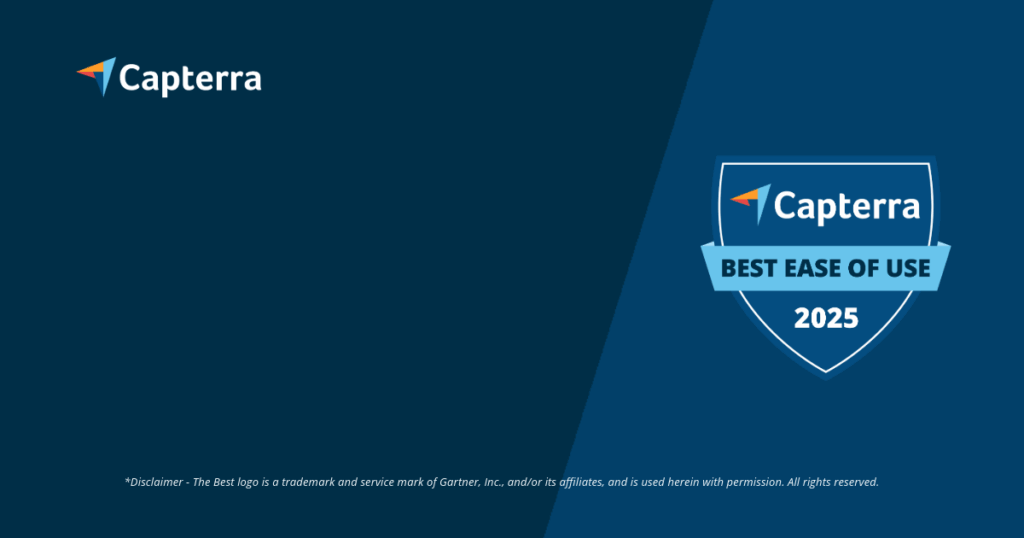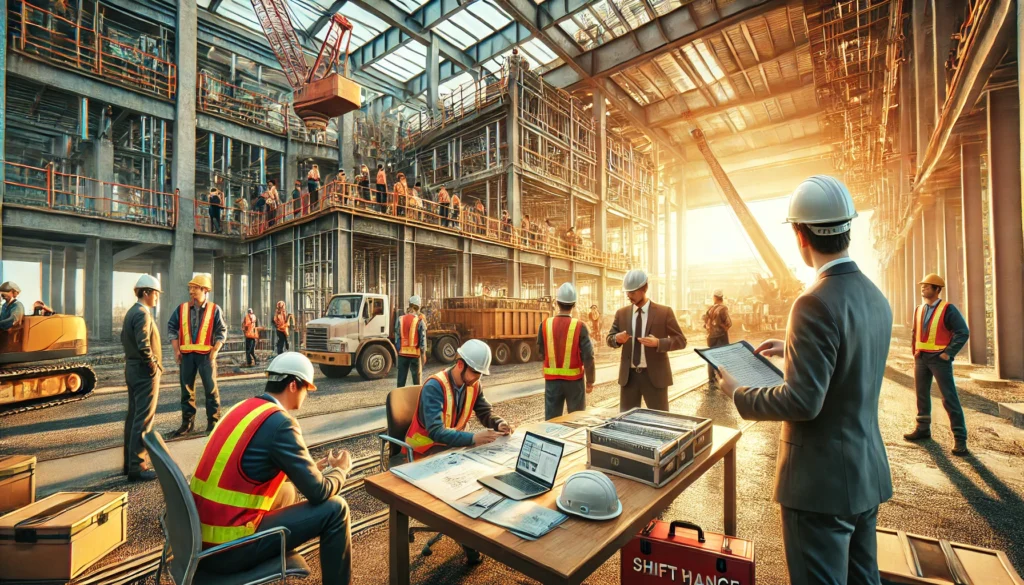The construction industry is experiencing a digital revolution, and construction software is at the center of this change. Construction companies today face the challenge of managing complex projects more efficiently while meeting the increasing demands for quality and sustainability. Construction software has become an essential tool to tackle these challenges and enhance productivity on the construction site.
In this article, we take a look at the role of construction software in the digital transformation of the construction industry. We examine the core functions of modern construction software solutions for the industry and how they improve the daily work of employees. Furthermore, we highlight the integration of AI and machine learning into construction software and their impact on the future of the industry. These insights reveal how software fundamentally changes the way projects are planned, executed, and monitored.
Digital Transformation in the Construction Industry
The construction industry is currently undergoing a profound digital transformation. This change has a significant impact on how projects are planned, executed, and monitored. Construction software plays a central role by revolutionizing communication between on-site employees and those in the office.
Challenges
However, the digital transformation also presents several challenges. Construction companies must adapt their workflows and integrate new construction software technologies. One of the biggest hurdles is the need to provide all stakeholders with the latest plans and documents while ensuring data privacy is not overlooked. Additionally, implementing new software solutions often requires training, which can take time and resources.
Opportunities
The digital transformation also opens up numerous opportunities for the construction industry. Modern construction software allows for the automation and optimization of processes. This leads to increased efficiency and productivity. For example, construction reports, delay notifications, and other important documents can be generated automatically, significantly reducing administrative burdens.
Driving Forces
Driving forces behind the digital transformation include innovative software solutions like Valoon. These tools connect on-site employees and office personnel by enabling seamless communication. Some of the benefits include:
- Real-time data capture directly via messenger
- Real-time translation from the construction site to the office in up to 10 languages
- Easy project registration via QR code or link
- GDPR-compliant communication
These advancements in construction software help simplify workflows and improve collaboration among all project participants. Therefore, the digital transformation in the construction industry is not just a technological development but also a pathway to more efficient and productive workflows.
Core Functions of Modern Construction Software
Modern construction software like Valoon revolutionizes workflows in the construction industry. It offers a range of core functions aimed at increasing efficiency and enhancing collaboration.
Project Management
Construction software allows projects to be set up with just a few clicks. This significantly simplifies the process and saves valuable time. Another advantage is the easy project registration via QR code or link. This facilitates access for all participants and promotes smooth collaboration from the outset.
Communication
A key feature of modern construction software is the improvement of communication between on-site employees and office staff. Valoon, for instance, allows:
- Data capture directly via messenger
- Real-time translation from the construction site to the office in up to 10 languages
- GDPR-compliant communication
These features help overcome language barriers and optimize the flow of information. Notably, no software training is required for participants, which enhances acceptance and usage.
Documentation
Documentation is significantly simplified through modern construction software. For example, Valoon automates the creation of construction reports, delay notifications, and other important reports and protocols. This reduces administrative burden and minimizes errors.
Additionally, the software provides the capability to make current documents and plans available for all projects and participants. This ensures that all stakeholders consistently work with the most up-to-date information. Controlling who can see which documents enhances security and data privacy.
Through these core functions, modern construction software contributes to simplifying workflows, increasing productivity, and improving teamwork.
Integration of AI and Machine Learning
The integration of artificial intelligence (AI) and machine learning into construction software like Valoon revolutionizes workflows in the construction industry. These technologies have a significant impact on the efficiency and productivity of construction projects.
Process Automation
Modern construction software utilizes AI to automate various processes. An example of this is the automatic creation of construction reports, delay notifications, and other important documents. This significantly reduces administrative effort and allows employees to focus on more critical tasks. Valoon’s software, for instance, automates these processes, making report and protocol creation incredibly easy.
Predictive Analytics
AI and machine learning enable the analysis of large datasets to gain valuable insights. In the construction industry, this can be utilized to identify potential issues early and develop proactive solutions. Software solutions like Valoon can recognize patterns in project data and make predictions that lead to better planning and resource allocation.
Image Processing
The image processing technology in construction software enables the efficient processing and analysis of visual data. This has implications for various aspects of construction project management:
- Document Management: Current plans and documents can be quickly captured, categorized, and made accessible to relevant project participants.
- Quality Control: AI-powered image analysis can be used to identify construction defects or safety risks on job sites.
- Progress Tracking: By analyzing site images, project progress can be automatically monitored and documented.
The integration of these AI-driven features in construction software like Valoon helps improve communication between on-site employees and office personnel while enhancing the overall efficiency of the construction process.
Conclusion
The digital transformation has a profound impact on the construction industry. Modern construction software like Valoon is at the heart of this change, offering innovative solutions to improve communication and optimize processes. These tools enable companies to work more efficiently by automating tasks and simplifying information exchange. With the integration of AI and machine learning, new opportunities arise to enhance productivity and quality in construction projects.
The future of the construction industry lies in ongoing digitization and the deployment of innovative software solutions. These technologies have the potential to fundamentally change how projects are planned, executed, and monitored. They help overcome challenges such as language barriers and enable seamless collaboration among all participants. Contact Valoon now and schedule a demo, to learn how this innovative solution can advance your business.








